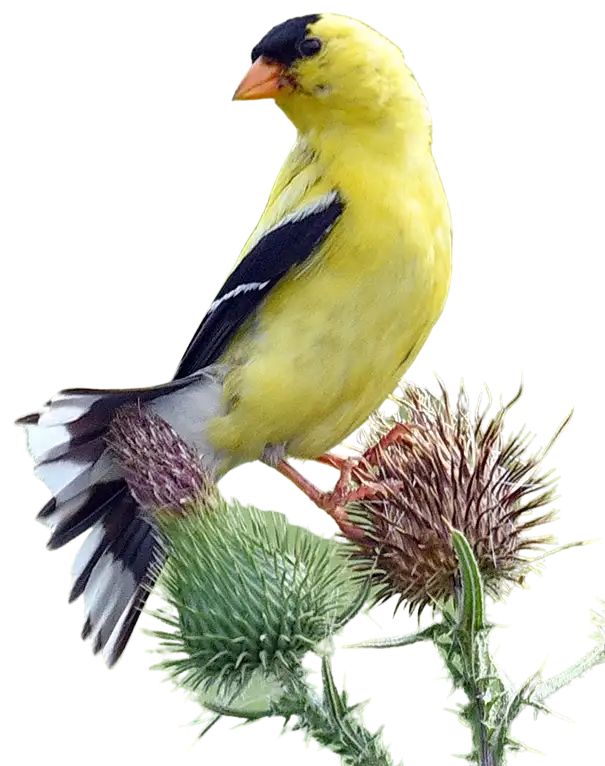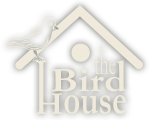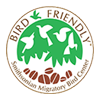Baby, Sick, and Injured Birds
Birders are a tender-hearted bunch, so when we see a bird that looks sick or is on the ground seemingly unable to fly, our natural response is to want to help. Human intervention usually is not the best idea, however.
What to do if you find a baby bird:
If it’s a fledgling, leave it alone.
The bird is too big for the nest, but it hasn’t mastered flight yet—and chances are good that at least one parent bird has an eye on this little one. The baby bird needs time to flap its wings, gain strength, and figure out the mechanics of flight. Adult birds will watch out for it, bring it food, call out to it, listen for its response, and keep it protected. There’s no need for you to get involved.
If it’s featherless and too young to fly, it may need help.
Chances are a gust of wind dislodged the nestling, or a predator may have attacked the nest and knocked the bird to the ground. If you can see and reach the nest, pick up the baby bird and place it back in there. If you can’t see a nest nearby or if the nest is out of reach, leave the bird where it is; its parent may return for it.
The fact is that many birds lose a nestling or an entire brood during breeding season. This is just the way nature is, and it can be hard for kind birders to accept.
Some birds may benefit from the care of a licensed wildlife rehabilitator, a professional who is trained to work with infant birds and animals. A rehabilitator may be able to tell you in advance if he or she can help, or if you should leave the baby bird where you found it. Remember that these folks are volunteers, and that they may not have the capacity to take every injured or orphaned bird or respond to every phone call, especially during the busy breeding season.
What to do if you find a sick or injured bird:
If you find an injured bird (caught in fishing line, hook stuck in its mouth, grounded-and-droopy, etc.) contact the Lakeside Animal Hospital (fka East Ridge Veterinary Hospital) for advice. They are the local group most involved in wildlife veterinary care and have all the contact information for the most appropriate individuals specializing in rehabilitation for a particular type of wildlife (e.g. songbirds versus birds of prey, etc). Other area rehabbers may also be able to advise you on whether and how to capture and transport a sick or injured bird.
Lakeside Animal Hospital
60 Dubelbeiss Ln.
Rochester, NY 14622
(585) 467-2120
What to do if you find a deceased bird:
If the bird is in relatively good condition, use gloves to carefully pick it up and wrap it in a paper towel. Put it inside a plastic bag, and contact the Braddock Bay Bird Observatory. The Observatory collects and transports birds to local museums for use as study skins. Be sure to note the exact date and location as specimens will be discarded without it.



